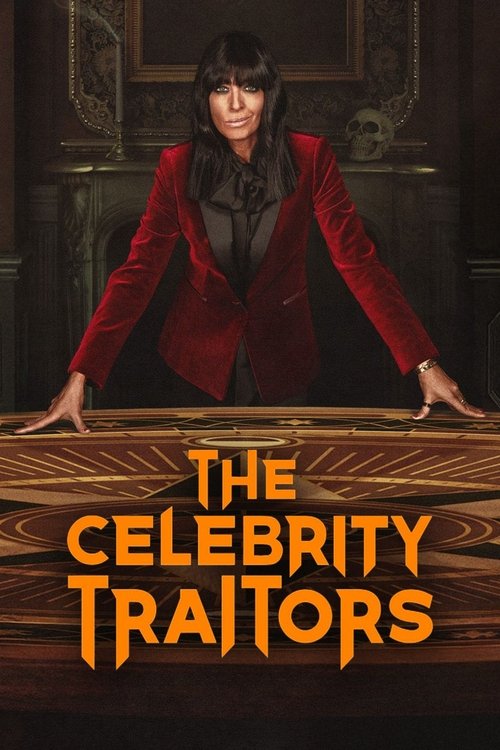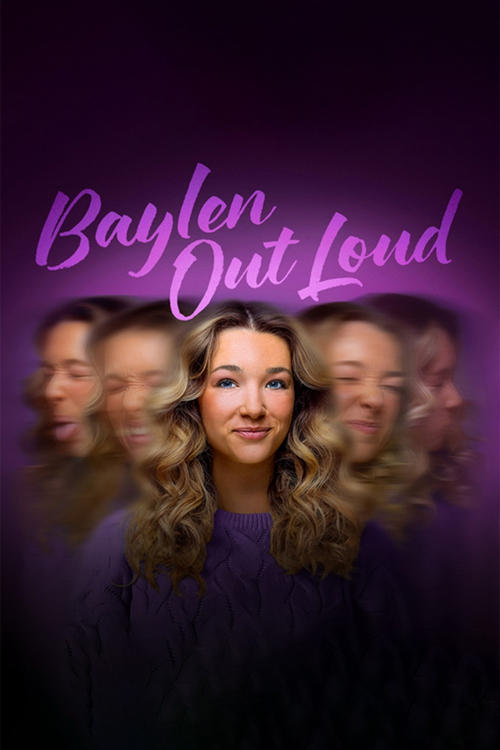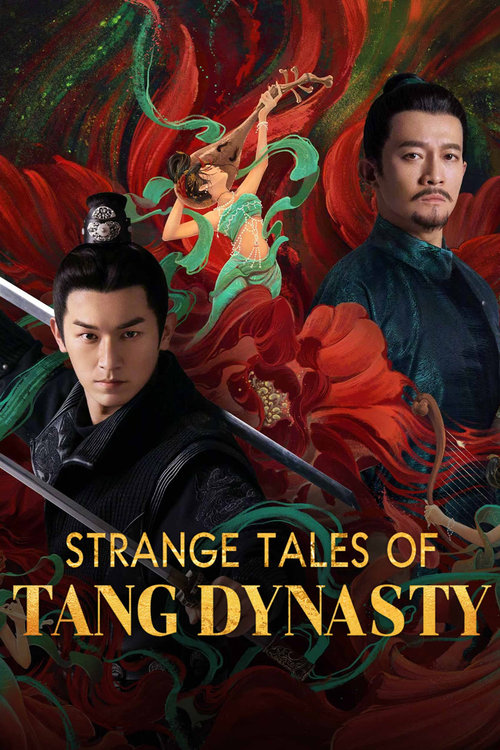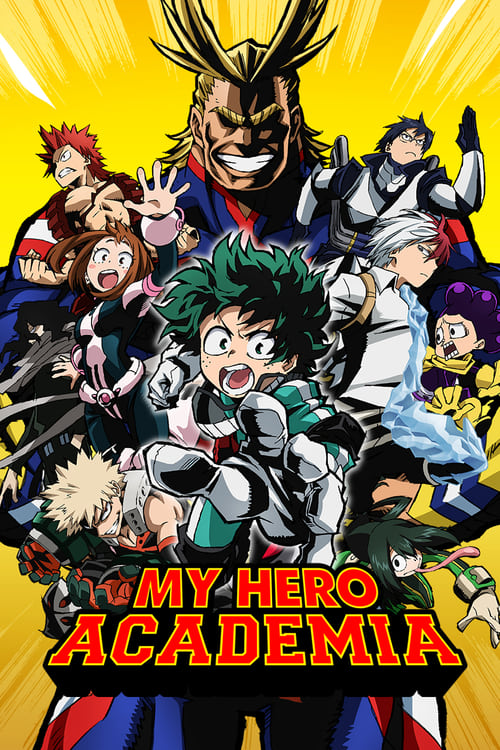
Ask Your Own Question
What is the plot?
Eleven contestants arrive at the studio for the first time, meeting host David Tennant, who introduces the rules of The Genius Game. Each episode will feature a main match and a death match, with the loser of the main match forced to choose an opponent for the death match, where one player is eliminated. The contestants are given a brief orientation before being sent into the first challenge, "Gold Heist," a game where players must collect gold coins hidden throughout a maze-like arena while avoiding traps and using strategy to outmaneuver opponents.
During "Gold Heist," alliances begin to form as players realize cooperation can increase their chances of success. Benjamin Everly quickly emerges as a dominant strategist, forming a tight-knit group with Ken Cheng and two others. Others, including a forensic scientist and a crime writer, attempt to work independently but are soon pressured into temporary partnerships. The game involves timed rounds, shifting alliances, and hidden sabotage mechanics, with players able to steal coins from each other or trigger traps that eliminate opponents from the round.
At the end of "Gold Heist," the player with the fewest coins is declared the loser and must choose an opponent for the death match. The loser, a quiet PhD student named Sarah, selects a player she perceives as a threat, a poker player named Marcus. The death match is a high-pressure puzzle duel where both must solve a series of logic problems under a strict time limit. Marcus solves the final puzzle first and Sarah is eliminated, leaving ten players remaining.
In the second episode, the remaining ten players face the "Zombie Game," where two players are secretly designated as zombies and must infect others by tagging them during timed rounds. The non-zombies must avoid infection while trying to identify and eliminate the zombies. Benjamin and Ken again form a strategic alliance, but their success draws suspicion from others. As the game progresses, alliances shift rapidly, with some players pretending to be zombies to manipulate the group.
During a critical round, Benjamin and Ken orchestrate a trap that exposes one of the zombies, but the other remains hidden. The final infection round sees a chaotic scramble as players try to avoid being tagged. The last non-infected player wins immunity, while the last infected player is forced into the death match. The infected player, a doctor named Rachel, chooses to face Marcus, who had previously eliminated Sarah. The death match is a memory-based challenge where both must recall sequences of symbols. Marcus wins again, and Rachel is eliminated.
In the third episode, the challenge is "Code Breakers," where players must combine clues scattered throughout the studio to uncover a secret word. Benjamin takes charge, insisting the group follow his interpretation of the clues, but his approach leads them down a false path. Ken and a few others begin to question Benjamin's leadership, but he refuses to listen, insisting his logic is sound.
As the game progresses, Ken quietly gathers evidence that contradicts Benjamin's theory and shares it with a small group. The group splits, with some following Benjamin and others pursuing Ken's alternative solution. The correct word is eventually uncovered by Ken's faction, but Benjamin refuses to admit he was wrong. The player who submits the correct answer wins immunity, while the last to submit is forced into the death match. The loser, a poker player named Liam, chooses to face Ken. The death match is a rapid-fire trivia duel, and Ken wins, eliminating Liam.
In the fourth episode, the challenge is "Trust Fall," a game where players must decide whether to trust each other with valuable information or withhold it for personal gain. The game is structured in rounds, with players earning points based on cooperation or betrayal. Benjamin and Ken continue to clash, with Benjamin advocating for betrayal and Ken pushing for cooperation. The game ends with a dramatic twist: the player with the most points wins immunity, but the player with the least points must choose an opponent for the death match.
The player with the fewest points, a forensic scientist named Priya, chooses to face Benjamin, hoping to eliminate the dominant strategist. The death match is a psychological endurance test where both must withstand intense questioning and pressure. Benjamin wins, and Priya is eliminated.
In the fifth episode, the challenge is "Mirror Match," where players must predict each other's moves in a series of strategic games. The game is designed to expose patterns and force players to adapt. Ken and Marcus form a temporary alliance, but Benjamin remains isolated, relying on his own intuition. The game ends with Ken winning immunity, while Marcus is forced into the death match. Marcus chooses to face Benjamin, seeking revenge for previous confrontations. The death match is a high-stakes bluffing game, and Marcus wins, eliminating Benjamin.
In the sixth episode, the challenge is "Chain Reaction," where players must trigger a series of events to earn points. The game involves complex cause-and-effect mechanics, requiring careful planning and teamwork. Ken and Marcus continue to dominate, but a new alliance forms among the remaining players to challenge them. The game ends with Marcus winning immunity, while a crime writer named Olivia is forced into the death match. Olivia chooses to face Ken. The death match is a logic puzzle duel, and Ken wins, eliminating Olivia.
In the seventh episode, the challenge is "Final Gambit," a game where players must outmaneuver each other in a series of strategic rounds. The game is designed to test both intellect and social manipulation. Ken and Marcus remain the strongest contenders, but the remaining players attempt to form a coalition to take them down. The game ends with Ken winning immunity, while Marcus is forced into the death match. Marcus chooses to face Ken, setting up a final showdown. The death match is a multi-stage challenge involving puzzles, strategy, and endurance. Ken wins, eliminating Marcus.
In the eighth and final episode, the two finalists, Ken and a forensic scientist named Priya (who had previously been eliminated but was brought back due to a twist), face off in a best-of-three death match format. The first game is a rapid-fire trivia duel, which Ken wins. The second game is a logic puzzle challenge, which Priya wins, tying the match. The third and final game is a high-pressure endurance test where both must withstand intense questioning and psychological pressure. Ken wins the final game, becoming the sole survivor and winner of The Genius Game.
What is the ending?
The first season of Genius Game (2025) ended with poker player and comedian Ken Cheng winning the competition after a final Death Match against Charlotte Yeung. The finale featured a best-of-three series of intense strategic games, culminating in Ken's victory and a prize of £44,000.
The ending of Genius Game unfolds in a detailed, scene-by-scene narrative:
The final episode opens with the two remaining contestants, Ken Cheng and Charlotte Yeung, preparing to face off in the ultimate challenge--a best-of-three Death Match designed to test their intellect, strategic thinking, and psychological tactics. The studio atmosphere is tense, with David Tennant hosting and setting the stage for the climactic showdown.
Scene 1: Introduction to the Finalists and Stakes
David Tennant introduces Ken and Charlotte, highlighting their journey through the competition and the £44,000 prize awaiting the winner. The camera briefly revisits moments from earlier episodes, showing the elimination of other contestants and the evolving alliances and rivalries that shaped the game.
Scene 2: First Death Match Game
The first game begins, featuring a complex puzzle that requires both mental agility and strategic manipulation. Ken and Charlotte engage in careful calculation, each trying to outwit the other. The game is closely contested, with Ken narrowly securing the win, setting an early lead.
Scene 3: Second Death Match Game
The second game shifts focus to social strategy and deception. Charlotte adapts quickly, using her understanding of the game's social dynamics to gain an advantage. She manages to win this round, leveling the score and intensifying the competition.
Scene 4: Third and Decisive Game
The final game is a multifaceted challenge combining elements of logic, memory, and negotiation. Both players display remarkable skill and composure. The tension builds as the game progresses, with neither contestant willing to concede ground. Ultimately, Ken's strategic foresight and quick thinking allow him to clinch the victory.
Scene 5: Victory and Closing Moments
Ken Cheng is declared the winner, and the studio erupts in applause. David Tennant congratulates both finalists for their impressive performances. Ken reflects briefly on his journey, expressing gratitude and excitement for the prize. Charlotte, though disappointed, acknowledges the challenge and sportsmanship of the competition.
Scene 6: Post-Game Reflections and Farewell
The episode concludes with a montage of the season's highlights, showing the eliminated contestants and key moments of strategy and drama. David Tennant appears after the credits, switching off the studio lights and saying, "Game's over... for now," signaling the end of the season but leaving open the possibility of future installments.
Fate of Main Characters:
- Ken Cheng: Crowned the first-ever winner of Genius Game, earning the £44,000 prize and recognition for his strategic prowess and intellect.
- Charlotte Yeung: Runner-up, respected for her adaptability and social gameplay, finishing a strong second in the competition.
- David Tennant: Host, who closes the show with a final sign-off, marking the end of the season.
This detailed finale showcases the show's emphasis on intellectual challenge, strategic manipulation, and psychological gameplay, culminating in a dramatic and closely fought conclusion between two highly skilled contestants.
Is there a post-credit scene?
Yes, the TV show Genius Game Season 1 (2025) has a post-credit scene. After the end credits of the final episode, David Tennant appears on screen switching out the lights in the studio and says, "Game's over... for now". This brief scene serves as a closing moment following the finale.
What specific strategies do contestants use during the bank heist round in the Main Match?
In the bank heist round of the Main Match, contestants choose to rob moneybags, gold, or a crown. If more players try to rob the same item than there are available, all those players go to jail and miss the next round. Players can also 'tip off' against others by predicting their target; if the tip off is correct, the tipped-off player fails to get the item and goes to jail for the next round, adding a complex social and strategic layer to the game.
How do Tokens of Life function in the game, and how can they be used by players?
Tokens of Life grant immunity from the Death Match. The winner of the Main Match receives a Token of Life and can give an additional Token of Life to an ally if they are the sole winner. Players who finish at the bottom of the Main Match must enter the Death Match, where they pick an opponent to challenge for survival.
What role do Garnets play in the gameplay and final prize?
Garnets are the in-game currency awarded to players who perform well in the Main Match. They represent power and can be traded with other players for favors or with the game house for advantages. At the end of the series, all Garnets are converted into cash at a rate of £1,000 each, contributing to the ultimate winner's prize.
Who are some of the notable contestants or characters featured in Season 1?
Season 1 features eleven contestants, including notable players such as David Tennant, Benjamin Everly, and Ken Cheng, who bring a mix of intellectual prowess and social skills to the competition.
What is the structure and purpose of the Death Match segment in each episode?
The Death Match is a segment where the player who finishes last in the Main Match must challenge another player of their choice to a head-to-head contest. The loser of the Death Match is eliminated from the game, making it a critical elimination round that adds tension and strategic depth to the competition.
Is this family friendly?
The TV show Genius Game, Season 1 (2025), is a reality competition focused on intellect, social strategy, and manipulation among 11 contestants. It is not specifically designed as a family show but rather as a strategic game show with psychological and social gameplay elements.
Regarding family-friendliness and potentially objectionable or upsetting content:
- The show involves strategic manipulation, deception, and social gameplay where contestants form and break alliances, which may include psychological tension and conflict but no explicit violence or adult content is indicated.
- There are elimination challenges called "Death Matches" that are competitive and tense but are intellectual games rather than physical or violent confrontations.
- The tone is described as thrilling and dramatic with some intense social dynamics, which might be stressful or upsetting for very young children or sensitive viewers who are uncomfortable with conflict or manipulation themes.
- No reports or indications of profanity, sexual content, or graphic violence have been noted in available descriptions or reviews.
- The show airs in a 9pm slot on ITV1, suggesting it is aimed at a general adult audience rather than young children.
In summary, Genius Game is suitable for older children and adults interested in strategic reality competition but may not be ideal for very young children or those sensitive to social conflict and psychological tension. There are no explicit or graphic objectionable scenes, but the competitive manipulation and elimination aspects could be upsetting to sensitive viewers.





















